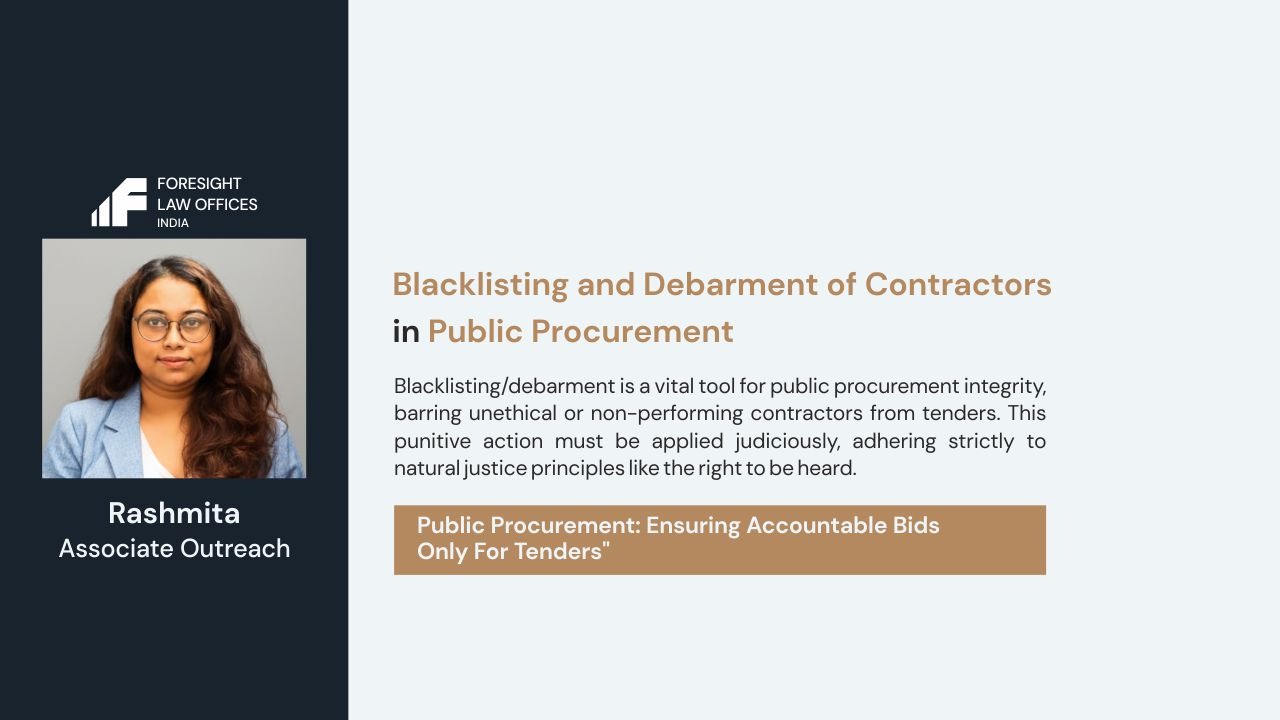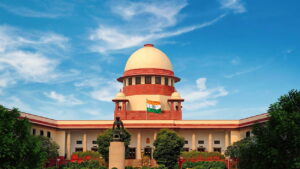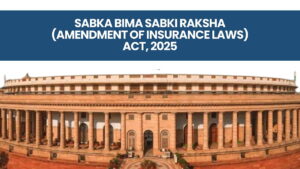Public procurement plays a vital role in ensuring that public funds are utilized efficiently, transparently, and for the maximum benefit of society. Governments and public bodies around the world rely on procurement processes to acquire goods, works, and services necessary for public projects. However, maintaining integrity and accountability in this system is essential. One of the mechanisms developed to safeguard public procurement is the blacklisting or debarment of contractors, a regulatory action designed to prevent unethical or non performing entities from participating in future tenders.
This article explores the concept of blacklisting and debarment, their legal framework, procedural safeguards, and implications for contractors and procurement authorities.
Understanding Public Procurement
Public procurement refers to the process by which government departments or public sector organizations acquire goods, works, and services from private contractors. It involves several stages, tendering, evaluation, award, and contract management.
The tender process is meant to ensure fair competition, value for money, and transparency. However, because public procurement involves large sums of money, it is also vulnerable to corruption, collusion, fraud, and inefficiency. Hence, regulatory frameworks are put in place to maintain ethical standards, including mechanisms like blacklisting and debarment.
Meaning of Blacklisting and Debarment
a) Blacklisting
Blacklisting is a punitive action taken by a public authority against a contractor who has failed to perform satisfactorily, engaged in fraudulent practices, or violated the terms of a tender or contract. When a contractor is blacklisted, they are barred from participating in future tenders for a specific period.
In simple terms, blacklisting means placing a contractor’s name on a “negative list,” thereby prohibiting them from bidding in future public procurement activities. This action serves both as a penalty and a preventive measure, ensuring that errant contractors do not compromise future projects.
b) Debarment
Debarment is closely related to blacklisting but is often considered a more formalized and legally structured process. It refers to the exclusion of a contractor from participating in public procurement for a specified time due to proven misconduct, fraud, or failure to meet contractual obligations.
In some jurisdictions, blacklisting and debarment are used interchangeably, while in others, debarment is seen as the broader term encompassing blacklisting as one of its forms.
Legal and Policy Framework
In India and many other countries, the principles governing blacklisting and debarment are derived from administrative law and public procurement regulations.
a) Judicial Recognition
Indian courts have consistently recognized the power of public authorities to blacklist contractors. The landmark Supreme Court judgment in Erusian Equipment & Chemicals Ltd. v. State of West Bengal (1975 AIR 266) held that while the government has the right not to enter into a contract with any person, the blacklisting of contractors process must adhere to principles of natural justice, particularly, the right to be heard.
Subsequent judgments, including Patel Engineering Ltd. v. Union of India (2012), have reinforced that blacklisting is not merely administrative but affects the fundamental right to trade under Article 19(1)(g) of the Constitution. Therefore, it must be carried out in a fair, transparent, and proportionate manner.
b) Procurement Rules and Guidelines
Different departments and public sector organizations maintain their own procurement manuals, tender guidelines, or vendor registration systems that outline conditions under which blacklisting may occur. For instance:
The Central Vigilance Commission (CVC) and Ministry of Finance have issued detailed guidelines on vendor debarment.
Multilateral development banks like the World Bank also maintain debarment systems for firms found guilty of corruption or collusion in tenders.
Grounds for Blacklisting or Debarment
The specific reasons for blacklisting or debarment vary across organizations, but common grounds include:
- Non, performance or Delay: Failure to deliver goods, works, or services as per the contract timeline.
- Substandard Quality: Supplying materials or executing works that do not meet contractual specifications.
- Fraud and Corruption: Engaging in bribery, bid, rigging, or submitting false information in tenders.
- Breach of Contract Terms: Violating specific clauses, such as subcontracting without approval or abandoning the project midway.
- Insolvency or Bankruptcy: Financial instability that renders the contractor incapable of fulfilling obligations.
In severe cases, such as proven corruption or forgery, the debarment may extend across multiple departments or even at a national level.
Procedure for Blacklisting
While public authorities have the discretion to debar or blacklist contractors, this power must be exercised reasonably and fairly. A standard procedural framework typically includes:
- Notice to the Contractor: Before taking any adverse action, the authority must issue a show, cause notice detailing the allegations.
- Opportunity to Respond: The contractor should be allowed to present evidence, explanations, or mitigating circumstances.
- Evaluation by a Competent Authority: The decision must be based on documented facts, not assumptions or bias.
- Reasoned Order: The final order should clearly state the reasons for blacklisting, its duration, and scope.
- Right to Appeal or Review: Contractors often have the right to appeal or seek review of the decision within a specified period.
This procedure ensures compliance with principles of natural justice, a cornerstone of administrative fairness in public procurement.
Duration and Scope of Blacklisting
The duration of blacklisting depends on the severity of the misconduct. Minor violations may result in a temporary ban (6 months to 2 years), while serious offenses like fraud or corruption can lead to permanent debarment.
The scope may be limited to:
- A specific department or organization, or
- Extended across all government entities (national, level debarment).
In multilateral procurement (e.g., World Bank or ADB, funded projects), cross, debarment may apply, meaning a contractor blacklisted by one institution may be barred by others as well.
Consequences for Contractors
The impact of blacklisting on a contractor’s business can be severe:
- Loss of eligibility to bid in government tenders.
- Damage to business reputation and credibility.
- Financial losses due to project cancellations.
- Difficulty in obtaining bank guarantees or performance securities in the future.
In some cases, contractors may also face legal action, forfeiture of security deposits, or penalties for breach of contract.
Best Practices and Preventive Measures
For both procurement authorities and contractors, prevention is better than cure. Some best practices include:
- Clear Tender Conditions: Drafting precise eligibility and performance clauses in tender documents.
- Vendor Performance Monitoring: Periodic assessment of contractor performance to identify issues early.
- Capacity Building: Training procurement officials in ethical and transparent decision, making.
- Contractor Compliance: Maintaining documentation, adhering to timelines, and ensuring quality standards.
Transparent procurement processes supported by digital tendering systems and e, procurement portals also reduce opportunities for misconduct.
Conclusion
Blacklisting and debarment serve as powerful tools to uphold integrity in public procurement. While they protect public interest by deterring unethical practices and ensuring only reliable contractors participate in tenders, they must be applied judiciously. Procedural fairness, proportionality, and transparency are essential to prevent misuse of this power.
Ultimately, the goal of blacklisting is not punishment alone but to promote accountability, efficiency, and trust in public procurement systems. Both authorities and contractors share the responsibility of maintaining these standards, ensuring that public resources are used effectively and in the service of the greater good.






